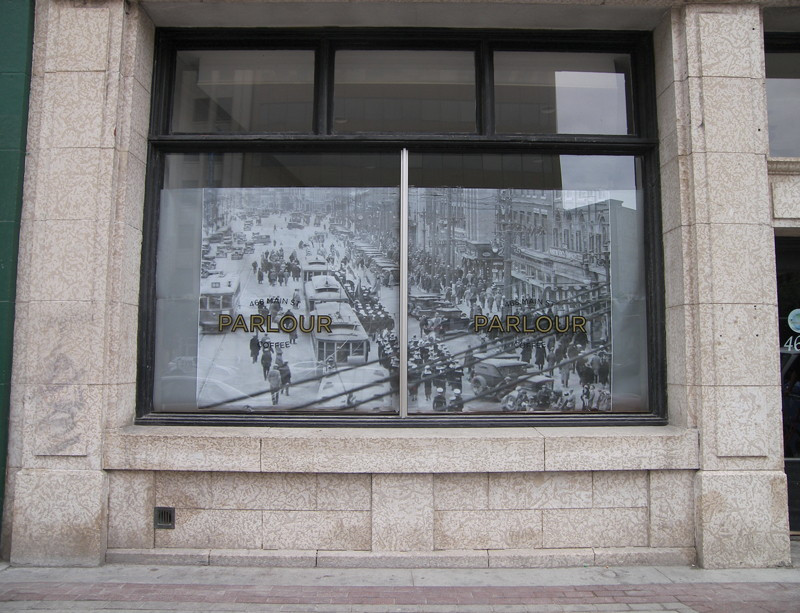The great importance of a small business
Winnipeg makes it hard for entrepreneurs to get started, let alone prosper
A friend of mine is opening a coffee bar on Main Street in the Exchange District.
A small operation in a small space on the ground floor of a century-old building, the quality of the coffee and aesthetics will be familiar to the discriminating hipster of a more metropolitan centre, but have so far been unknown here.
Little places like this are what makes cities so interesting and enjoyable, and are exactly what Winnipeg’s downtown needs a whole lot more of.
Try telling that to the City of Winnipeg, which took 10 weeks to issue an occupancy permit for this coffee bar, after promising it would take two.
That is two extra months of paying rent without income, and wondering whether it is a good idea to begin purchasing building materials, stock and equipment. Faced with that kind of pointless delay, many entrepreneurs would simply walk away.
Thankfully for the Americano-drinking public, my friend did not, and Parlour Coffee is set to open its doors early this month.
This kind of delay isn’t a problem for corporate chain stores, which have the resources to wait out any municipal dithering, but it is for an independent, first-time entrepreneur with limited capital.
If one is wondering why the plethora of new eateries popping up around the University of Winnipeg are mostly corporate chains, this may be part of the reason.
It should be emphasized that this friend of mine is not building low-density housing on farmland, or opening an adult video store next to an elementary school. He is doing the very thing countless millions of public dollars have been spent ostensibly trying to encourage: open up a business in downtown Winnipeg.
And still, the basic occupancy permit takes 10 weeks to come through because the City of Winnipeg could not be bothered to demonstrate the most basic level of competence, to say nothing of enthusiasm.
Sure, the inner workings of any city bureaucracy are famously not always highly efficient machines. Fair enough, but even within this municipal morass, city staff ultimately jump to the orders of Council and the administration executives.
If Mayor Sam Katz found this level of indifference toward downtown revitalization unacceptable, he could easily order that all permits for new businesses downtown be expedited.
This does not happen because small businesses remain an afterthought, and few at City Hall recognize their importance in improving downtown.
Instead, the engineered, immediate and artificial are the priority, while the organic, gradual and integral are ignored or disdained outright.
City Council granted a permit to a group that wants to demolish a 129-year-old building in Chinatown (that briefly served as Winnipeg’s city hall in the 1880s) quicker than it issued a permit to my friend who wants to open up a coffee shop on Main Street.
The civic attitude toward downtown revitalization is that it is a simple two-variable problem: the reason there are no businesses downtown is because there are no customers in the surrounding area.
Stuff a couple of hundred health workers here, some college students there, higher-income condo dwellers over there, cheap parking everywhere and - voila! - problem solved, the thinking goes.
But people, including people who open businesses, respond to a vast set of incentives and disincentives. Opening up a new business downtown is a risky venture, and facing arbitrary and costly delays by an indifferent city government increases that risk.
Storefront businesses provide texture, variety and humanity to the street - even streets that are otherwise architecturally unspectacular. They offer a chance to look at things: products and activities seen in the shop windows and doors, and a chance to rub shoulders with customers entering or exiting the place.
Making life easier for small businesses to get off the ground encourages more people to visit and live downtown, and make it a place worth caring about.
With any concentration of them, there is suddenly a pedestrian strip, where people go not just to purchase things, but to watch people and experience the joys of a better civic life.
Robert Galston is a University of Winnipeg student who blogs about urban issues at http://riseandsprawl.tumblr.com.
Published in Volume 66, Number 1 of The Uniter (September 2, 2011)








